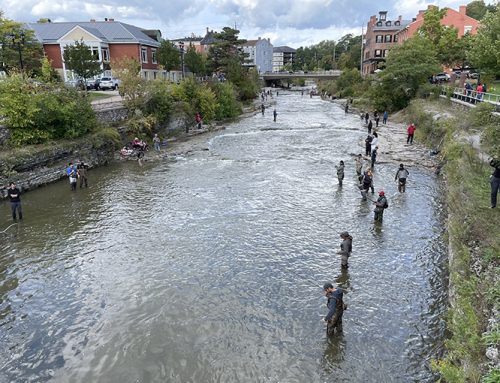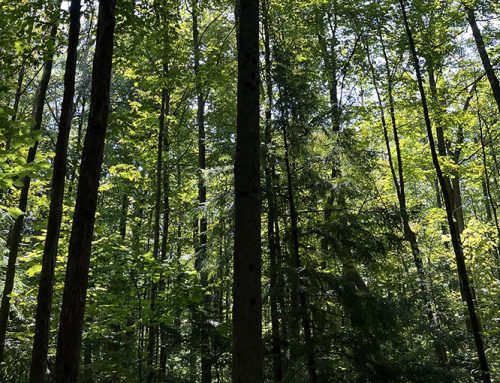
In late February the Royal Canadian Mounted Police (RCMP) changed the class of some Swiss Arms and CZ 858 rifles from non-restricted to prohibited, which turned legal firearms owners into criminals overnight.
While this news created a media bang, changes like this by the RCMP aren’t anything new for those who own firearms.
Firearms owners have been questioning the reasoning behind these actions for years. “These arbitrary re-classifications of legal firearms are unwarranted; they are unnecessary and unfounded,” said Greg Farrant, manager, government affairs and policy, with the Ontario Federation of Anglers and Hunters (OFAH). “It’s an ongoing concern, not just to the OFAH but to all legal, law-abiding firearms owners across the country.”
On the RCMP website there is an explanation as to why a firearm may be reclassified. In this case, however, there hasn’t been a change in how these rifles are made or imported, making it is unclear why they are now considered prohibited. Many are chalking it up to the guns’ appearance.
Cheryl Gallant, MP for Renfrew-Nipissing-Pembroke, has been asking the government to take action on firearm reform since September 2013 when she introduced Motion-452. This motion calls for several changes to the Firearms Act, one being the creation of a firearms experts technical committee, which would help “restore public confidence in the functions and operations of the Canadian Firearms Registration System,” the motion states.
“What Motion-452 accomplishes is that it removes the administration of the Firearms Act from the RCMP in favour of civilian oversight,” said Gallant. “If Motion-452 had been accepted, the recent incident with the Green rifle would have had to have been fully justified before an impartial committee of experts.”
Larry Miller, MP for Bruce-Grey-Owen Sound, seconded Gallant’s motion on March 5, just 5 days after the RCMP updated its classification tables.
“We got rid of the long gun registry 3 years ago like we said we would, but there are still some irritants that need to be updated,” said Miller about the Firearms Act. “I’m all for safety and trying to reduce crime, but there are just some ridiculous irritants in there and Cheryl’s motion cleans up those irritants. These are long overdue.”
Miller, a hunter and sport shooter himself, said that he often gets complaints when classification changes come out, but on this occasion he’s noticed a difference amongst his constituents. “People are mad this time. There is a new movement out there. People have had enough…this woke them up. Through the stroke of a pen, when the RCMP reclassified that Swiss Arms rifle it made people criminals. People resent that.”
This new movement hasn’t gone un-noticed by the federal government either.
On March 14 Steven Blaney, minister of public safety and emergency preparedness, issued a statement that said, “Owners of the affected firearms can rest assured that they will face no sanctions as a result of the continued possession of their private property… It is our intention to bring forward measures in the coming weeks to protect all law-abiding firearms owners from these types of retroactive and unpredictable decisions.”
Political wheels are in motion and until formal changes are made, those who own the affected firearms have a 2-year amnesty. However, the minister has clearly indicated that his office has a timeline laid out in weeks—not years—to address this issue.
Farrant said, “The minister has responded quickly and we’ll await his further actions on this.”






The various incarnations of the Conservative Party of Canada, from Kim Campbell’s Bill C-17 forward have unreasonably prohibited more firearms than any other party. That the current government still thinks that damage control over the current classification situation will address the rising discontent with the Firearms Act shows a huge disconnect with a significant component of what could be part of the Conservative base.
CPC failure to act quickly and decisively on this issue will be at their own peril. Law abiding citizens will not support a political party that allows private property to be confiscated.